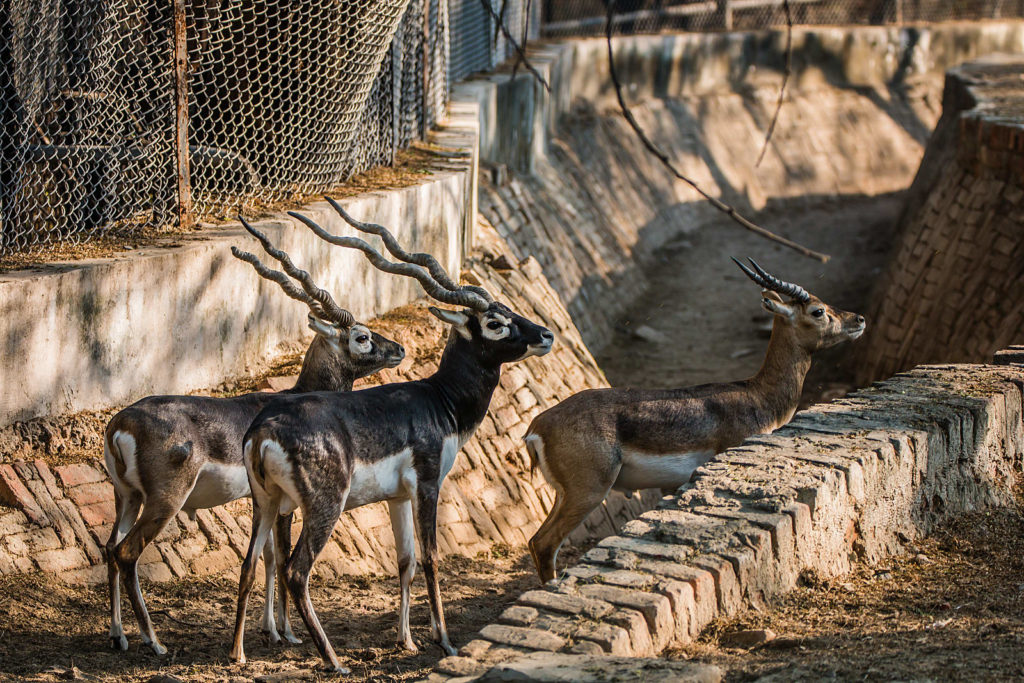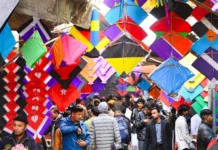NEW DELHI: Since the imposition of lockdown and consequent restrictions to contain the spread of coronavirus in the country, the Delhi Zoo has made in-house arrangements in order to feed its inmates.
While on one side, meat is being slaughtered inside the zoo for carnivores, the alligators are being provided with fresh fishes from the pond inside premises.
Speaking to IANS over the phone, Suneesh Buxy, Director, Delhi Zoological Park, said: “After the slaughterhouse in Ghazipur was shut due to lockdown, we took special permission from the East Delhi Municipal Corporation to slaughter buffaloes inside the zoo premises to feed the lions and tigers. As the territorial jurisdiction of the zoo lies in the South zone, we also took permission from the SDMC in this regard.”
However, the zoo authorities clarified that the facility where buffalos are being slaughtered is not exactly a slaughterhouse but all precautions and guidelines regarding the slaughtering are being followed by them. “This is not a slaughterhouse, this is just a temporary facility. A slaughterhouse is a place where more than 10 animals are slaughtered which isn’t the case here. This is just a temporary facility in order to provide fresh food to the precious animals of the zoo,” said Range Officer Saurabh Vashisht.
“We are complying with all the guidelines related to slaughtering including waste management and cleaning of the platform before and after slaughtering,” he added.
Vashisht also said that food and fodder of other animals is also being taken care of and in-house arrangements have been made for the same as well. “There is no animal species in our zoo which is not being fed properly. If we are not getting food from outside, we have made many in-house arrangements. In order to arrange fresh fishes for the ghariyals (alligators), we are using the ponds which are inside our premises, on the other hand we are extracting fodder for our animals from the trees inside our own facility.”
Asked what challenges the authorities are facing, the officer said: “The main problem we are facing is that as our contractor is not a government employee, he is usually stopped by police and other authorities… for that, we have to send our trucks along with our employees in order to get the livestock from the contractor.”







